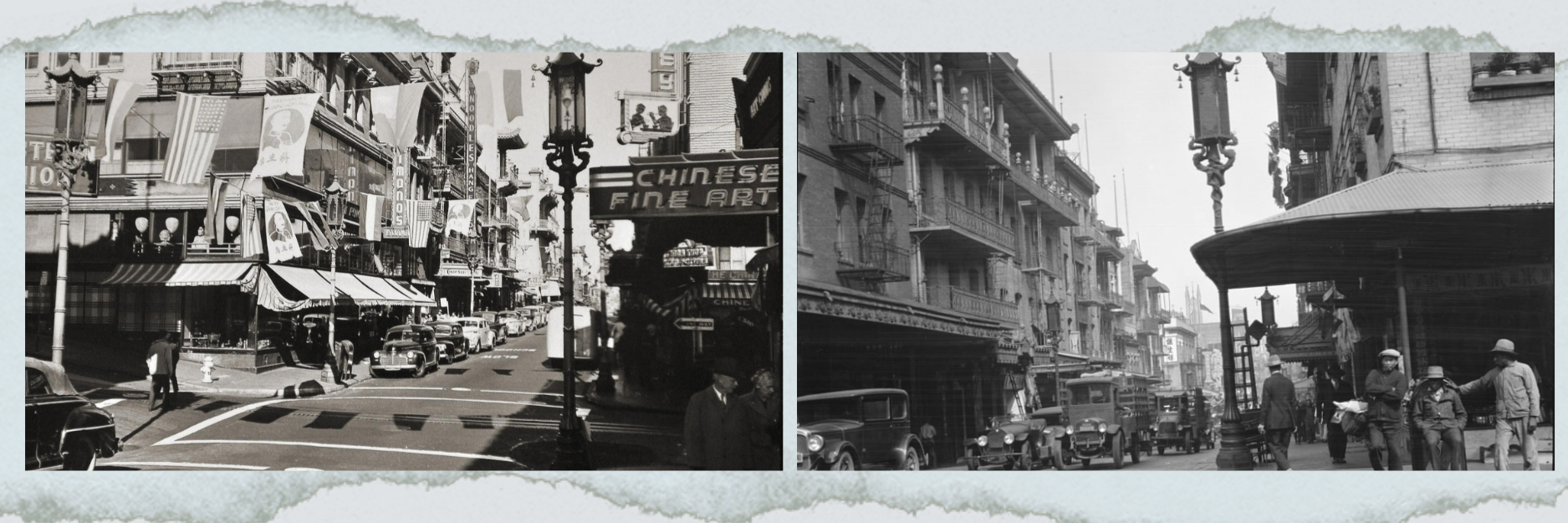James Poy Wong 黃培正

“All humans have a sense of sympathy,” but people have taken forgetfulness as a narcotic drug and embodied an indifferent attitude to prolong ignorable existence in this abhorred social system."
"Some Reflections" - 1947
有感
在旧历除夕的那天晚上,我走过挤拥而热闹的都板街。 一盆盆排列的鲜花,像受了不断的爆竹响声, 吓得通通怒放起来,而且害羞地发红。 街上人山人海都带着笑容,表示十分快乐。 外国人混杂其中,占有许多成份,他们露出羡慕的眼光,觉得中国人是世界上最快乐的民族,庆祝总比别人来得热烈。
我以为中国人的快乐,完全是基于健忘上的,因为对自己的事情,容易忘记,所以更不愿去管别人的生死。 就是在除夕那一天,我读到二月四日展望杂志的一篇图文,图片摄有一个中国儿童,饿倒在路上,行人一点也不惊异,若无其事。 其中亦有人围绕着这个倒下的童子,看看不是自己所认识的人,也就走开了。 后来为一个联总的医生救回医院,可是这童子的肚子已失了消化任何液体的能力, 五天后, 就被埋葬了。
“恻隐之心,人皆有之”, 但人们已用遗忘来做麻醉的毒品,在这憎恶的制度下,以漠不关心的态度来苟存。 万幸的我们,在生活光明的一面中,却不愿想到黑暗的一面去。 在黑暗中爬出来的人,却又不想别人同样跳出这黑暗的命运, 因为他已忘记了他是从黑暗中跳出来的。
最近我有一位朋友,抱着很大的热诚回到祖国去。 现在他写信来却这样说:“广州情形比上海更劣,志士们都在痛苦流涕。奉劝侨胞,取亲宜就地,莫回国,金钱袋入自己荷包去,发展实业在美国。 新中国, 臻五强,今生休想。 削削削 ,民国万税,莫道民权,生命也无保障。 大官想,小官有商量——钱。” 有人要说这是过渡时期的必然现象,我却不以为然。 人类之产生政府,不外是想以较少的劳力而获得较满意的生活,并不是叫政府来鞭鞑自己以至于地死,也不是由它的煽动而增加人与人间的憎恨,再被征去互相残杀。
Some Reflections
On Chinese New Year’s Eve I walk through the crowded and lively Grant Avenue. Pots and pots of fresh flowers standing in a row seem unable to bear the loud sound of firecrackers and are frightened into full bloom and turn red in shyness. The sea of people on the street are all smiling, showing that they are very happy. There is a high proportion of foreigners in the crowd. With envious eyes, they think the Chinese people are the happiest race in the world, as their celebration is always more lively than others’.
I think the Chinese’s happiness is all based on forgetfulness because they easily forget their own matters, so they are even more unwilling to mind people’s survival matters. On New Year’s Eve day I read an article in the February 4th issue of the Look Magazine where there was a picture of a Chinese child collapsing on the road due to hunger. The passersby did not show a bit of astonishment and continued with what they were doing as if nothing had happened. A few people among them surrounded the fallen child, but they walked away after seeing the child was not someone they recognized. Later a doctor from the United Service took the child to a hospital, but the child’s stomach had lost its ability to digest any liquid substance. Five days later the child was buried.
“All humans have a sense of sympathy,” but people have taken forgetfulness as a narcotic drug and embodied an indifferent attitude to prolong ignorable existence in this abhorred social system. We are the lucky ones living on the bright side of life and are unwilling to go to the dark side. The ones who crawled out of darkness don’t want others to jump out of the same dark fate because they have forgotten they themselves had escaped from darkness. A friend of mine had recently returned to the motherland with great enthusiasm and sincerity. Now he writes to me and says: “The situation in Guangzhou is worse than Shanghai. Aspired people are weeping bitterly. I sincerely advise my overseas countrymen to find your wife locally, do not return to our homeland, put your money in your own wallet, and expand your enterprise in America. Don’t expect in this life to see a new China and its advancement to be one of the five Powers. What we have here is exploitation, exploitation, exploitation. ‘Long live the taxes of the Republic’. Never mind about people’s rights; we don’t even have security of life. The high officials want, and the low officials discuss, money.” Some would say this is an inevitable phenomenon during a period of transition, but I don’t think so. The reason that humans established a government is to obtain a more satisfying life with less labor. It is not to tell the government to whip us to death, nor would it be for the government to incite and to increase hatred among people, and then to draft them into war to slaughter each other.
The Yuehua newspaper in Guangzhou had a weekly opinion article entitled “Save the Countrymen’s Moral.” It divulges acts of corruption based on facts and researched data. We are not astonished by these kinds of things or the numbers; we are not concerned because there was no pain inflicted upon us. The journalists appeal to them to show their conscience, but conscience is a thing easily forgotten. Humanitarianism is very easily becoming an object of ridicule. This is what is most painful.